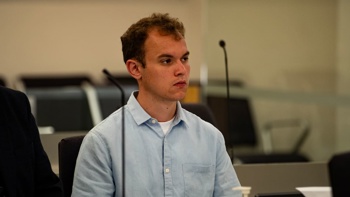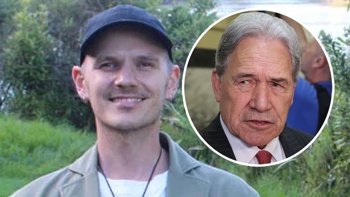
Health officials have revealed their plan to improve the inequality of wait times for planned surgeries, following the release of a “comprehensive” report which recommended 101 changes to health services.
Te Whatu Ora chief executive Margie Apa said 30 of the recommendations from the Planned Care Taskforce will be implemented this year beginning in December, with the remaining ones being phased in over several years.
“Patients have already begun to see the benefit of the work from the taskforce.
“Good progress has been made from our start point of 5405 on July 1 with our latest data showing that 1622 patients as at October 17 who have been waiting the longest for treatment are now scheduled.”
Apa said effective management of the wait lists is key to improving outcomes for people, especially Māori who are more likely to see excessive wait times.
The report showed that 53 per cent of Māori had received treatment within four months of receiving certainty, compared to 58 per cent of non-Māori.
As well as this, the increase of people waiting more than 12 months for treatment was a burden more likely to be shouldered by Māori with 53 per cent of Māori waiting, as compared to 49 per cent for non-Māori and non-Pacific people.
Apa says the taskforce was tasked with improving this, and she is hopeful it will change.
“The taskforce was specifically charged with considering equity across its recommendations and I am pleased to see initiatives in the recommendations that will improve access.
“The current waiting list is on average 5.2 months – if this was to be improved to 3 months, an additional 30,000 procedures would need to be added.
“There is insufficient workforce and capacity to carry out this work immediately,” a summary of the report reads.
“If it were feasible to purchase this work, it would cost approximately $274 million, a cost that is increasing by about $10 million each month.”
Apa said she is aware there is a lot of work to do.
“The mahi represented in this work is far from over. Implementation of the recommendations will be led by Te Whau Ora and Te Aka Whai Ora, managed by hospital and specialist services.”
Take your Radio, Podcasts and Music with you









